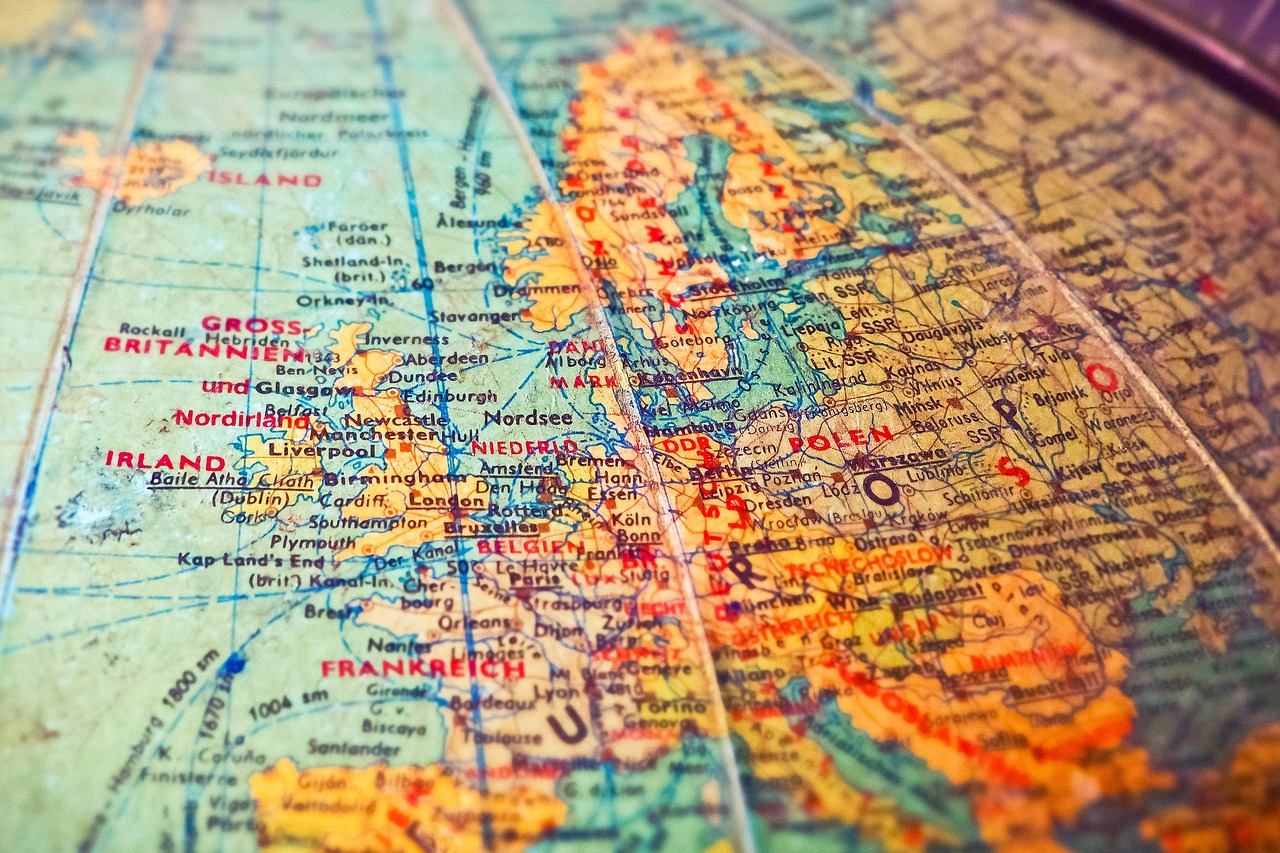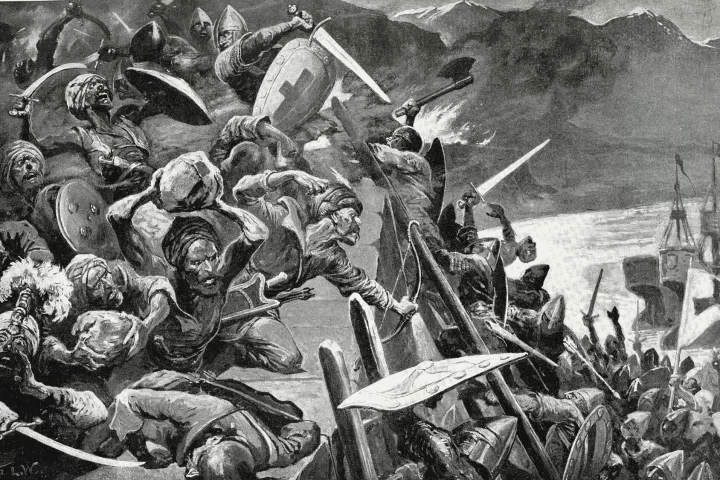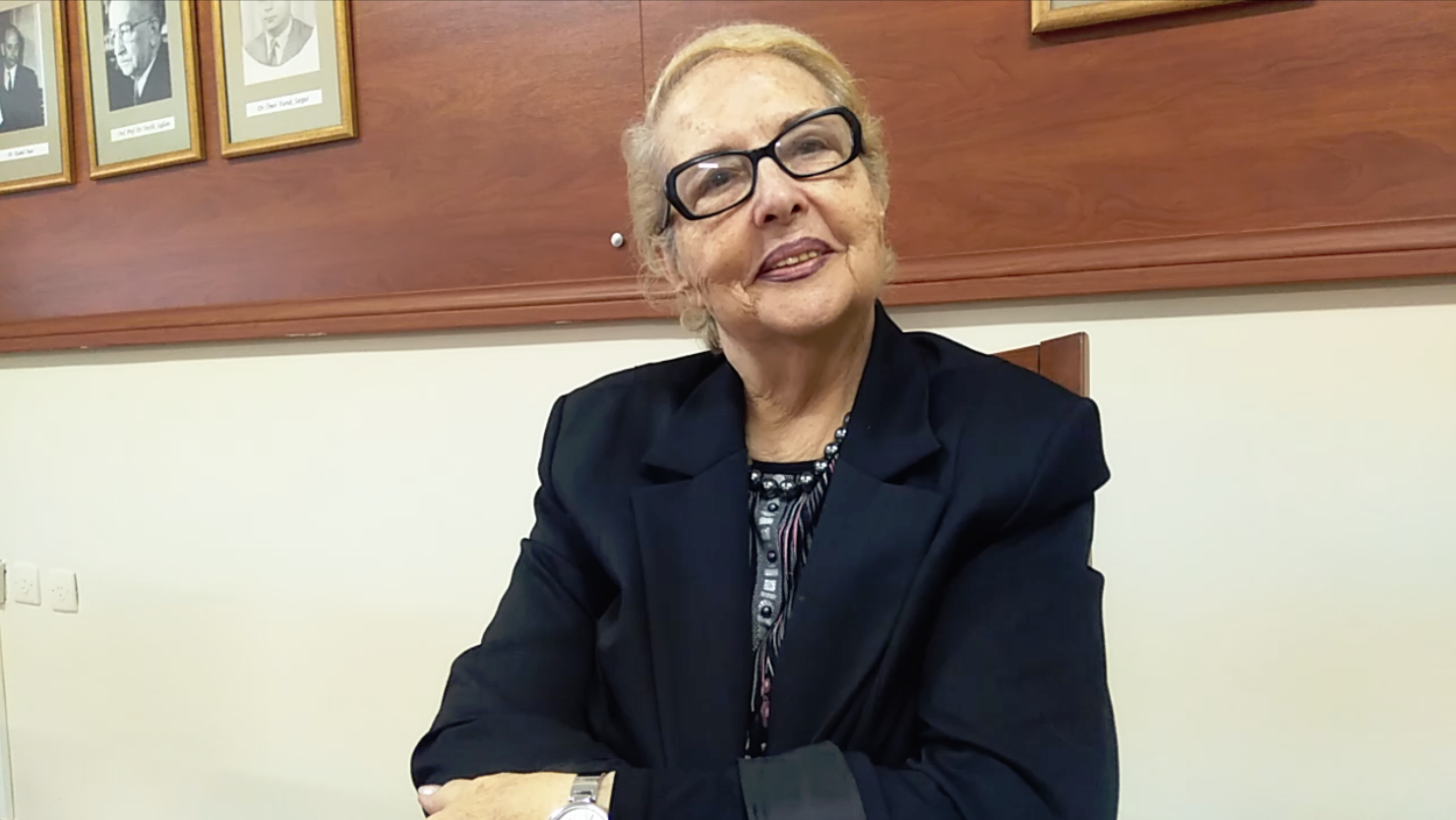Human history is also a history of ruthless violence. Power has either dominated or destroyed those in its power. From the moment they started living in communities, people have fought against each other, using the most ruthless methods. Communities did not recognize rights and laws within themselves until recently. Even though most belief systems forbid senseless violence, someone has always found a justification to justify and rationalize brutality.
For thousands of years, the destruction of settlements in wars, the deliberate killing of children and women, the looting of property, the confiscation of land, the appropriation of bodies in the name of slavery and concubinage have been considered normal in almost every part of the world. The powerful used the most brutal methods of punishment imaginable, including torture, not only against those living outside their borders but also against their own subjects.
According to the generally accepted understanding, it was only in the 17th century that humanity truly began to remember that it was human, or rather that others were human too. The Dutch jurist Hugo Grotius did doctrinal work on the management of war as well as inter-state problems.
In the early 19th century, the Spanish signed the treaty on regulating conflicts in Latin America, followed by the Lieber Code during the American civil war.
However, the first serious effort to limit the atrocities of war, or ‘jus in bello’, was made after the Crimean War. The precedent set by Florence Nightingale on the one hand, and Henry Dunant‘s writings on the battle of Solferino on the other, led to the establishment of the International Committee of the Red Cross, and a year later, in 1864, to the writing of the first Geneva Convention. This was followed by the Hague Conventions of 1899 and 1907 and the Geneva Conventions of 1949.
That is to say, a comprehensive acquis has been built up over the last two centuries to protect the civilian population during wars, and soldiers who surrender or are out of combat. Measures have also been taken to prevent war crimes. Although some important annexes have not been signed by countries such as the USA and Israel, this acquis has become a universally accepted norm. In doctrine and practice, the concept of just war has emerged.
Both waging war and waging war are now regulated. The prosecution of violating countries, or rather military and civilian authorities, as you probably know, has evolved significantly from Nuremberg to the Rome Statute. In 2002, the International Criminal Court was established. The Briand-Kellogg Pact, the Litvinov Protocol, and then the UN Charter in 1945 prohibited the use of force except in self-defense and sanctions provided for by the Charter.
Although this prohibition was later overcome with the concept of preventive intervention and the definition of intervention, the concept of Jus ad bellum played an important role in preventing war from being an instrument of politics and preventing indiscriminate waging of war, although not as much as deterrence, until recently. Simultaneously, another process that started with the protection of national minorities evolved into the protection of human rights against the arbitrary practices of governments.
The developments that began with the Universal Declaration of Human Rights in 1948 and the Genocide Convention in 1949 took on a new dimension with the establishment of the Council of Europe and the European Court of Human Rights and the development of its jurisprudence and regime. Humanitarian law, which had made its weight felt in the management of wars, transformed into human rights at home and registered the principles that states must respect, from freedom of expression to freedom of belief.
Regional and universal regimes have been developed to guarantee the many responsibilities of states, from not committing torture to ensuring that the right to a fair trial is not violated. The grave human rights violations in Bosnia and Rwanda led to the creation of special tribunals, a new understanding of law and even a UN doctrine for humanitarian intervention known as R2P.
But unfortunately, these rules have been constantly undermined, especially in the last twenty-odd years. Especially those who claim a rules-based system, those who say that world politics does not represent a simple Hobbesian state of nature, have gradually violated or ignored these rules, sometimes because of the war on terror, sometimes because their interests demanded it, and of course because they knew they could legitimize their own narrative with their hegemonic dominance.
They cared about human rights and humanitarian law when and where it suited them. When it did not suit them, they chose to forget and look the other way. In Ukraine, they downplayed Russia’s violence as a violation of the law of war, while in Palestine they attributed Israel’s violence to terrorism and the October 7 attack, deliberately confusing jus ad bellum with jus in bello. They abstracted the problem from its human dimension and reduced it to its political dimension.
As Agnes Callamard, Secretary General of Amnesty International, recently wrote in Foreign Affairs, they have done almost everything to destroy the rules-based international system they have built and constructed, to make people say that there are no rules anymore. They have even condemned the killing of people queuing for food with generalized words and tried to make people forget what they did to prevent the war and the human tragedy in Gaza from ending, the vetoes they used in the Security Council and the aid they dropped from the air.
Callamard still believes that there is hope, that the system and the people in Gaza can be saved. But I am probably not as confident and optimistic as she is. I am worried not only about the selectivity of the big powers in the face of war and their tendency to use norms in favor of their own interests, but also about the fact that the world is shifting further to the right, turning inward, accepting more and more groups, ethnicities and religious beliefs as the other.
I am disturbed by the loosening of rules in politics, humanitarian or humanitarian law as well as in economics, by the prioritization of zero-sum games by states for the sake of hegemonic struggle, by the increasing likelihood of nuclear war, by the failure to take adequate measures to prevent climate change and limit its effects…





